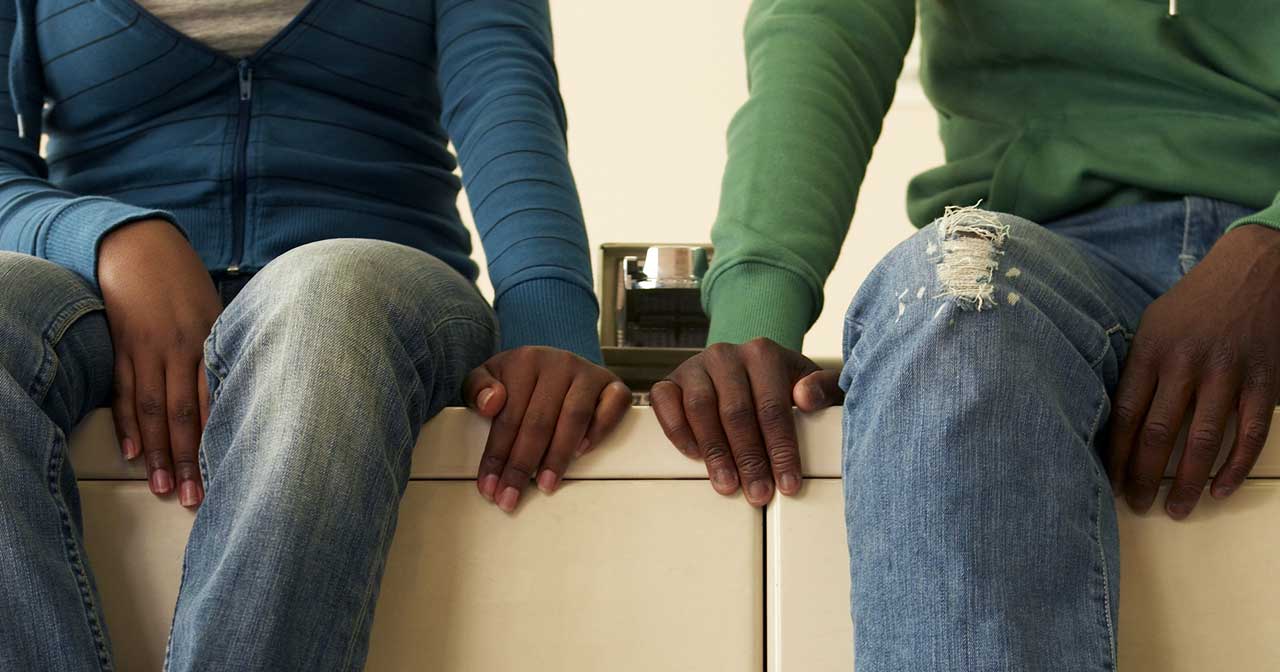Emergency contraception: Why the weight?
Research suggests that emergency contraceptive pills may not work as well for women over a certain weight.

A French company that makes an emergency contraceptive pill (ECP) called Norlevo caught headlines recently for adding a new warning to their package: “Studies suggest that Norlevo is less effective in women weighing 75 kg [165 lbs] or more, and not effective in women weighing 80 kg [176 lbs] or more.”
What does this mean for women in the U.S.?
Norlevo contains levonorgestrel and is just like Plan B One-Step, Next Choice One Dose, and other generic ECPs, but we’re unlikely to see changes in the package instructions of ECPs in the U.S. anytime soon. The Food and Drug Administration (FDA) says it will review the data on ECPs and weight, but that process could take years. The FDA may also want to see more studies in order to make the best possible recommendations to women using ECPs.
What if I need emergency contraception?
We’ve known for a long time that not all types of emergency contraception (EC) are created equal. The copper IUD is by far the most effective option for anyone who needs EC, regardless of weight. Recent research showed that levonorgestrel-based ECPs are the least effective type of EC and appear not to work at all for women who:
have a body mass index (BMI) over 30;
have already ovulated; or
have had unprotected sex after taking ECPs.
Levonorgestrel ECPs may also be less effective for women with a BMI of 25 or higher, which includes over half of adult women in the U.S. Ella is more effective than levonorgestrel-based ECPs (and it’s available online with overnight shipping), but it becomes less effective for women with a BMI of 30 or higher.
You might notice that the Norlevo warning refers to weight, while the study used BMI. Researchers see that ECPs become less effective as either weight or BMI increases—the relationship is similar. So should we use weight or BMI? The safest bet is weight. If you weigh 165 pounds or more, a copper IUD or ella will be your most effective EC options. If you weigh 195 pounds or more, the copper IUD will be the most effective option.
What about other birth control methods that use levonorgestrel?
FYI, there’s no evidence that other types of birth control with levonorgestrel—like the Mirena and Skyla IUDs—are less effective for people with a higher weight or BMI. Progestin-only pills or minipills may be less effective with higher weight, but we don’t have enough evidence to know for sure. We have a Provider Perspective on weight and birth control if you want to learn more.
How do you feel about this article?

Heat up your weekends with our best sex tips and so much more.
